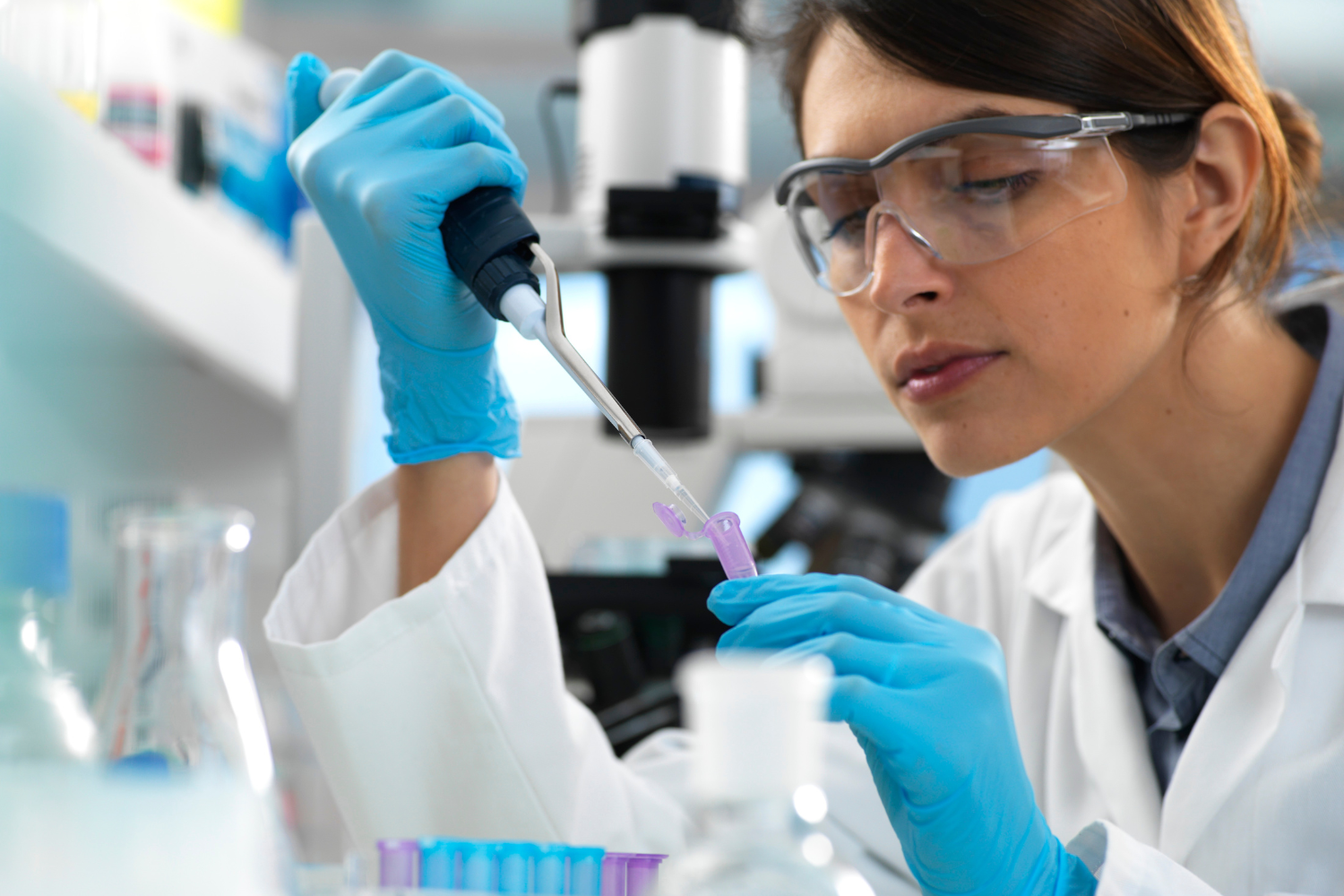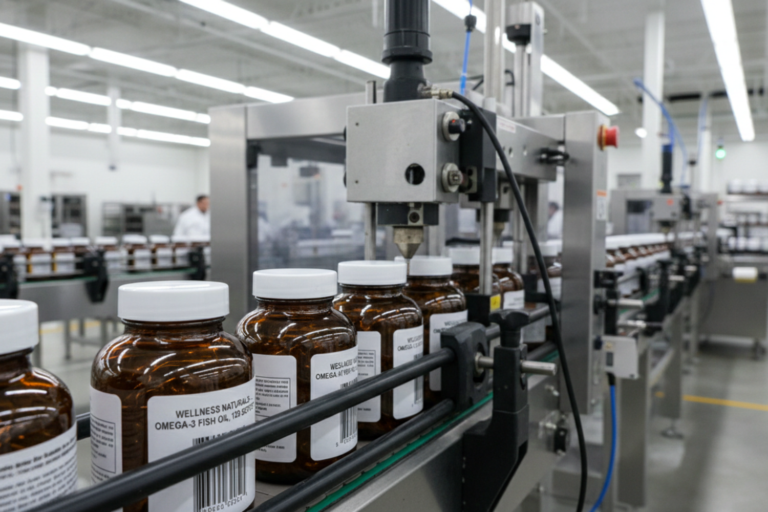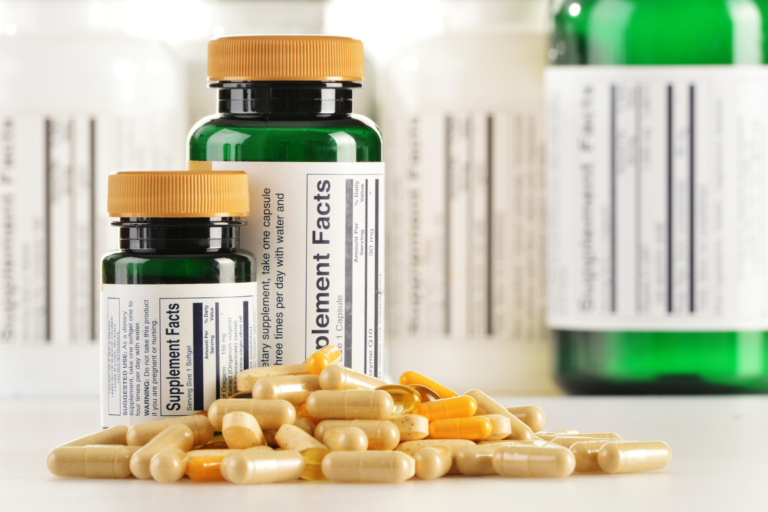Product safety and quality are critical in industries like food, water, and supplements, where consumer health is a top priority. NSF certification, issued by NSF International, is a trusted mark that ensures that products meet strict safety, quality, and compliance standards. Recognized globally, it signifies rigorous testing and inspections to protect public health and ensure products are free from contaminants.
This article will explain NSF certification, its benefits for businesses and consumers, and the process products must undergo to earn this important mark of safety and quality.
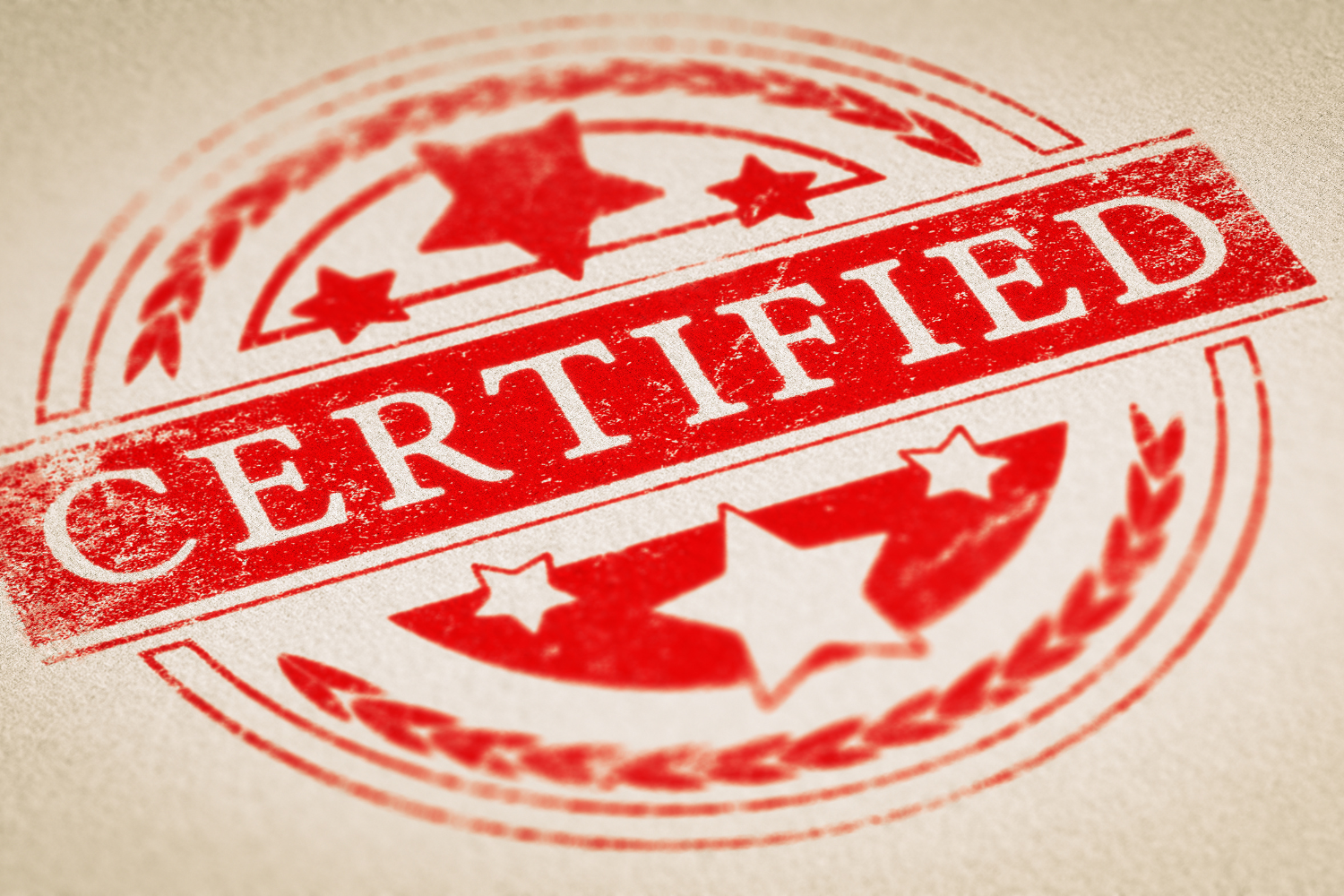
What Is NSF Certification?
NSF certification is a mark of safety and quality that ensures products meet strict performance standards and protect public health. NSF stands for the National Sanitation Foundation, an independent organization founded in 1944 to promote public health and consumer safety through rigorous product testing and facility inspections.
As a third-party verification, NSF certification guarantees that products comply with industry safety standards and are free from contaminants. It provides confidence to businesses and consumers that certified products are tested, meet strict criteria, and adhere to quality and safety guidelines.

What Types of Products Can Be NSF Certified?
NSF certification applies to various products, including food equipment, supplements, and water systems. These products undergo thorough testing to ensure they meet safety and quality standards.
NSF Certification for Supplements
NSF certification verifies that supplements meet label claims and comply with established safety standards, ensuring reliable and high-quality products for consumers. This helps businesses deliver reliable products that protect consumer health.
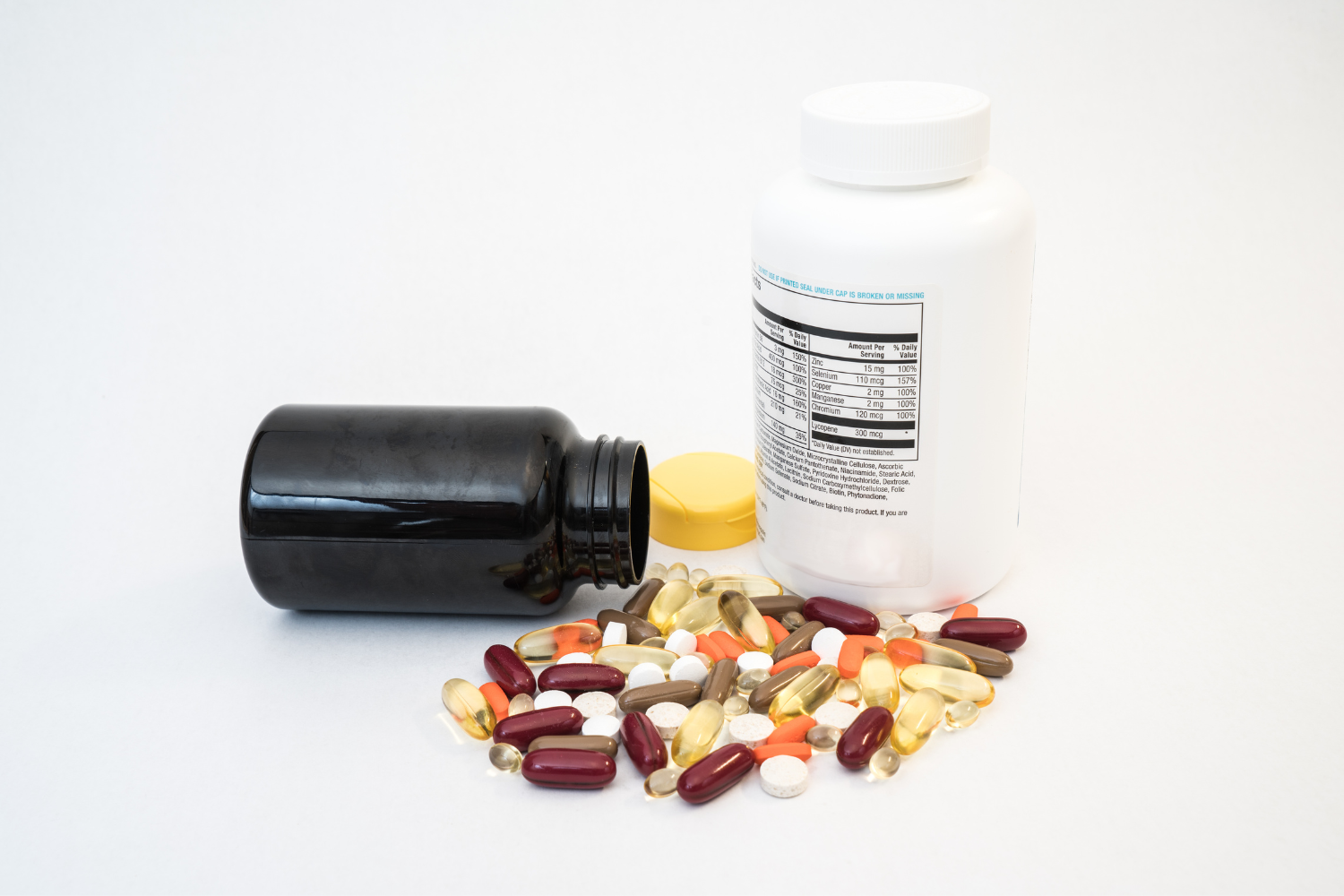
NSF Certification for Food Equipment
Food processing and preparation equipment must meet strict safety standards to prevent contamination in the food zone. NSF certification verifies that commercial food equipment, such as ice makers, dishwashing sinks, and service counters, is made from safe materials, easy to clean, and designed to promote public health. Food service operators rely on NSF-certified equipment to comply with health codes and ensure consumer safety.

NSF Certification for Water Systems
NSF certification validates that water systems, including water filters, purifiers, and treatment units, meet specific standards for reducing contaminants and delivering water that meets established safety guidelines. These products undergo rigorous testing to confirm they meet strict performance, materials, and construction standards, ensuring businesses and consumers access reliable water solutions.
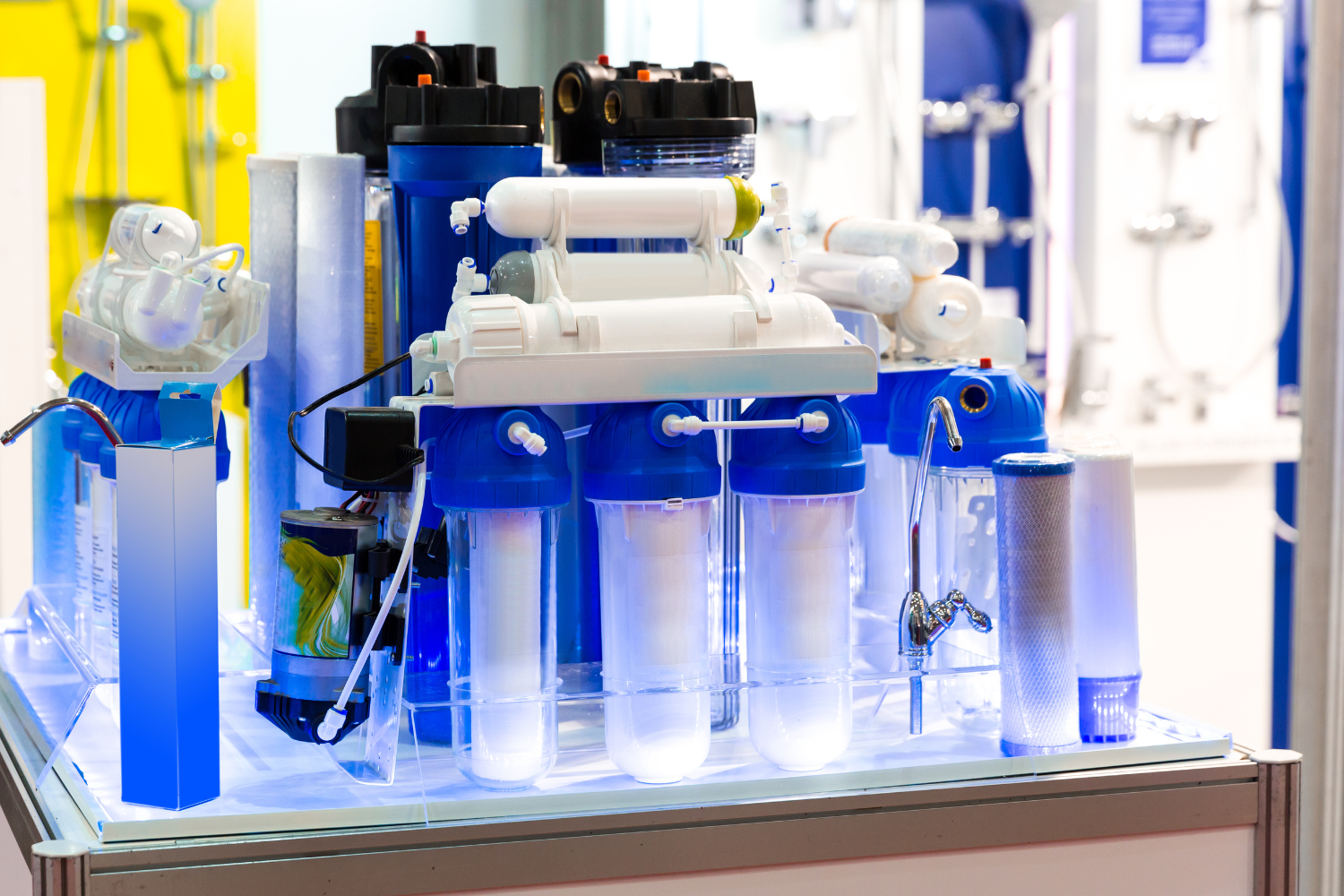
Why Is NSF Certification Important?
NSF certification is essential because it ensures products are safe, reliable, and meet strict industry standards. It helps businesses and consumers trust that certified products are high quality and free from harmful contaminants.
Ensures Consumer Safety
NSF-certified products are rigorously tested to confirm they meet safety standards and limit harmful contaminants to acceptable levels. Whether supplements, food equipment, or water systems, these products meet strict safety standards to support public health protection by reducing risks associated with contamination and poor quality. From food preparation tools to water filters, NSF certification guarantees that products are safe for use and promote consumer safety.
Builds Trust and Credibility
The NSF mark is recognized for quality and safety among businesses and consumers worldwide. Companies using NSF-certified products demonstrate their commitment to delivering reliable and compliant solutions. For manufacturers, NSF certification builds credibility, while food service operators and customers can trust that the products they purchase meet rigorous safety and quality criteria.
Meets Regulatory Standards
NSF certification helps companies comply with regulatory standards set by organizations like the FDA, WHO, and the American National Standards Institute. Certified products meet strict guidelines for food safety, public health, and material quality. Compliance with these standards protects consumers and, helps businesses avoid penalties and operate in regulated markets.
How Does a Product Get NSF Certified?
The NSF certification process includes several steps to ensure products meet strict safety and quality standards. This process involves testing, facility inspections, and ongoing compliance.
Step 1: Application and Submission
The NSF certification process begins when companies submit an application detailing their products. This includes comprehensive information such as product specifications, materials used, manufacturing processes, and intended uses. Companies must demonstrate that their products align with NSF standards for safety, sanitation, and performance.
This step ensures that products are suitable for food equipment, dietary supplements, water treatment systems, and other regulated applications. Accurate and thorough documentation at this stage is critical for avoiding delays during the certification process.
Step 2: Product Testing and Evaluation
Once the application is approved, NSF conducts extensive product testing to verify compliance with strict safety and quality standards. Products are tested in NSF’s independent laboratories for contaminants like heavy metals, bacteria, and harmful chemicals. NSF evaluates material quality, sanitation levels, and overall performance to ensure the product meets certification criteria.
For food equipment and water systems, NSF confirms that materials are non-toxic, durable, and suitable for safe food preparation or water contact. Products must pass all testing phases and meet strict standards before moving to the next step.
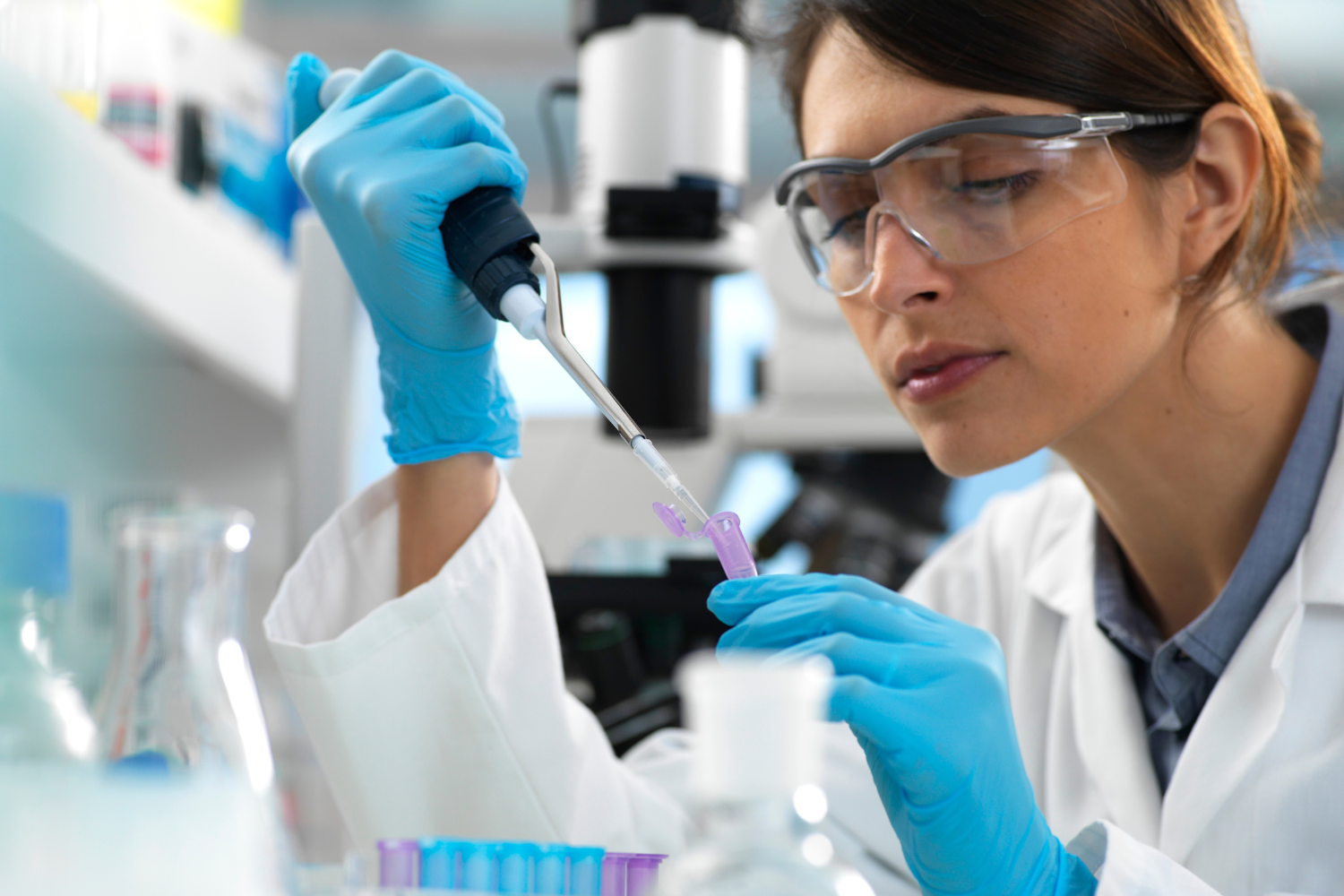
Step 3: On-Site Audits
NSF auditors inspect manufacturing facilities on-site to evaluate production processes, material handling, and overall product quality. These audits ensure the facility complies with NSF safety standards and best practices. Auditors assess cleanliness, worker protocols, and whether the equipment or production environment prevents contamination in the food zone or water systems.
For dietary supplements, auditors verify that manufacturing practices adhere to Good Manufacturing Practices (GMPs) to ensure consumer safety. On-site audits provide an added layer of confidence that products are produced in controlled, safe conditions.
Step 4: Certification Approval and Listing
NSF officially grants certification after a product passes lab testing and on-site audits. Certified products receive the NSF mark, which indicates they meet strict safety, quality, and sanitation standards. Additionally, these products are listed in the NSF database, a publicly accessible resource businesses, foodservice operators, and consumers can use to verify NSF-certified products.
The listing includes essential details like manufacturer names, certification scope, and testing results. This transparency helps businesses demonstrate compliance and build trust with customers.
Step 5: Ongoing Compliance
NSF certification is an ongoing commitment that extends beyond initial approval. To maintain certification, products undergo periodic audits, random product sampling, and re-testing to ensure consistent compliance with NSF standards. These regular reviews keep manufacturers accountable for upholding product safety, quality, and sanitation over time.
Any changes in manufacturing processes, materials, or designs must also be re-evaluated to ensure continued compliance. Ongoing compliance protects public health, promotes consumer safety, and reinforces the reliability of NSF-certified products.
NSF/ANSI Standard 173: Dietary Supplements
NSF/ANSI Standard 173 focuses on dietary supplements, ensuring they are safe and accurately labeled. Products are tested for harmful contaminants, such as heavy metals, and verified to match their label claims. This certification helps businesses provide reliable supplements that protect consumer health and meet industry standards.
NSF/ANSI Standard 51: Food Equipment Materials
NSF/ANSI Standard 51 certifies materials used in food equipment, such as commercial food equipment and dispensing equipment. It ensures that food-contact materials are safe, non-toxic, and easy to clean, preventing contamination during food preparation. This standard is essential for foodservice operators using equipment like dishwashing sinks, ice makers, and service counters.
NSF/ANSI Standard 61: Drinking Water System Components
NSF/ANSI Standard 61 ensures the safety of drinking water system components, including water filters, purifiers, and treatment systems. Products are tested to verify they do not leach harmful contaminants into drinking water, providing safe levels of clean water for consumers and businesses.
How Can You Check If a Product Is NSF Certified?
You can verify if a product is NSF certified by visiting the official NSF database. The database allows businesses and consumers to search for certified products by name, manufacturer, or certification type. This tool ensures that you’re choosing trusted, certified products.
Another way to check for NSF certification is to look for the NSF mark on product packaging, food equipment, or materials. The NSF mark indicates that the product has passed rigorous testing and meets strict safety standards.
What Are the Benefits of NSF Certification for Businesses?
NSF certification offers businesses numerous advantages that improve product quality, build trust, and ensure regulatory compliance.
- Improved product quality and consumer confidence
- Competitive edge in the marketplace
- Meeting regulatory requirements with ease
- Reducing liability risks by ensuring product safety
These benefits help businesses stand out, protect public health, and build a strong reputation in the food, water, and supplements industries.

Why NSF Certification Matters for Safety and Quality
NSF certification is key in ensuring product safety, quality, and compliance across industries like food, supplements, and water systems. It serves as a trusted mark that guarantees products meet strict standards, helping to protect public health and build consumer confidence.
NSF certification provides businesses with a competitive edge and demonstrates a commitment to safety and reliability. Look for NSF-certified products to ensure trust and quality, and consider pursuing certification to help your products stand out in the market.
Frequently Asked Questions
What Does NSF Stand For?
NSF stands for the National Sanitation Foundation, a global public health organization that develops safety standards.
Is NSF Certification Mandatory?
No, it’s voluntary but highly recommended for businesses looking to build trust and meet safety standards.
How Long Does NSF Certification Take?
The process can take anywhere from a few weeks to several months, depending on the product type and testing requirements.
What Is the Difference Between NSF and FDA Approval?
NSF is a third-party certification that tests products for safety, while FDA approval ensures regulatory compliance but does not test products the same way.
How Can I Verify NSF Certification?
You can check the NSF mark on product packaging or search for certified products in the official NSF database.
References
- National Sanitation Foundation International. (n.d.). NSF Certification: Ensuring Quality and Safety Standards. https://www.nsf.org/certification
- National Sanitation Foundation International. (n.d.). NSF Standards Development. https://www.nsf.org/nsf-standards
- U.S. Environmental Protection Agency. (2024). National Primary Drinking Water Regulations | US EPA. https://www.epa.gov/ground-water-and-drinking-water/national-primary-drinking-water-regulations
- U.S. Food and Drug Administration. (2023). Current Good Manufacturing Practice (CGMP) Regulations. https://www.fda.gov/drugs/pharmaceutical-quality-resources/current-good-manufacturing-practice-cgmp-regulations
- U.S. Food and Drug Administration. (2017). FDA Food Code 2017. https://www.fda.gov/food/fda-food-code/food-code-2017
